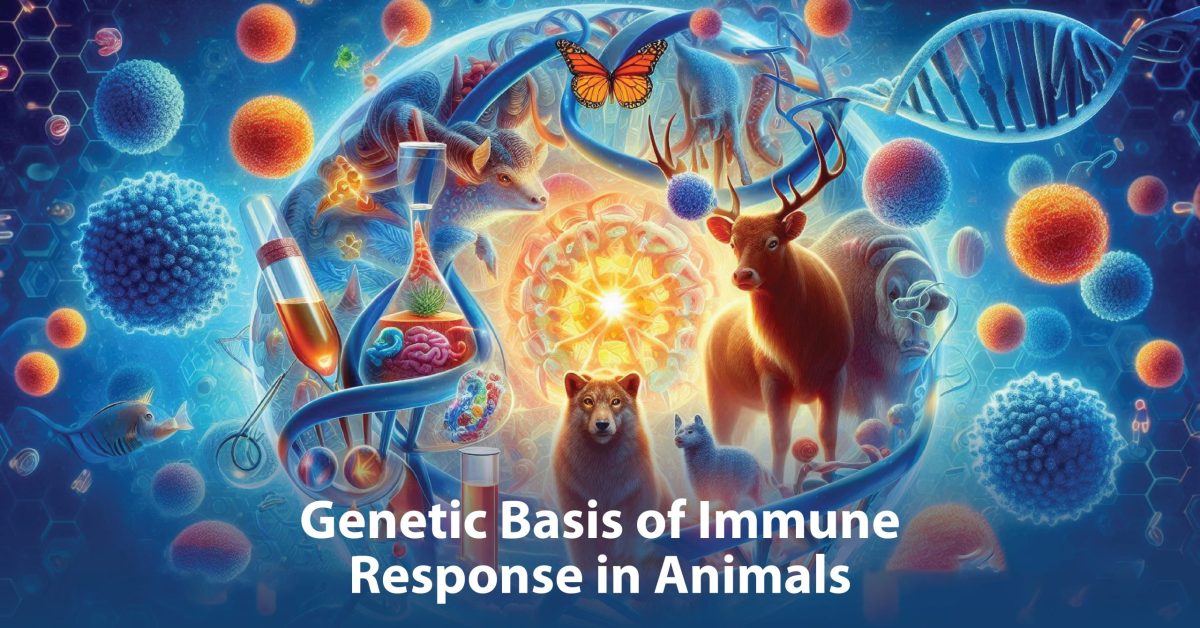Immune response is the main reason for the survival of any animal against pathogens in a pathology-enriched world. An effective immune response to most infections and diseases has its basis in genetics, not chance. Over the past few years, research has identified genetic determinants that control immune responses in animals, bringing into focus intricate interactions among genes, environment, and pathogens. Knowing this genetic basis is important not only for further understanding of biology but also for the improvement of animal health and the development of more appropriate strategies for the prevention and treatment of certain diseases. This paper discusses the genetic mechanisms controlling the immune response in animals, based on a selection of studies that reflect how genetic variation might affect immunity.
The Major Histocompatibility Complex’s Role in Immune Response
Probably one of the most studied genetic components in the immune system is that of the major histocompatibility complex. This is because the genes within the MHC encode proteins that present antigens on the surface of cells and thus are central to the adaptive immune response. These variations of MHC genes among different people mean a difference in presentation; therefore, variability in the response to antigens effectively presented through these differences is what influences the amplitude and specificity of the immune response. Inbred animal lines will have the same MHC types and almost similar immune responses; animals of two different MHC types will have varying responses, proving genetic control by the MHC.
Genetic studies have established that the genetic control of the antibody response, which, at any rate, is itself closely linked to MHC type, is heritable. The consequence of this in animals is that different MHC types result in antigen-specific polymorphisms, whereby animals of a different genetic makeup actually respond differently against the same pathogen. This polymorphism is very important for the survival of species by ensuring a wide population that can resist a wide diversity of pathogens.
Genetic Resistance and Susceptibility to Diseases
The genetic basis of disease resistance is another critical area of research. Animals show variations in susceptibility or resistance to infectious diseases, with the variation partly genetic. In chickens, for example, genetic studies have identified hereditary factors for resistance and susceptibility to cecal coccidiosis, a parasitic disease. The results suggest that through selective breeding, it might be possible to increase resistance against some diseases; however, this has to be balanced against other characteristics, like productivity and overall health.
In cases of infection with parasites, the host-parasite interactions are determined by the genotype of the host. Infection by cestodes has been shown to have complex genetic determination. The genetic factors that control only the potential of the host to resist infection are those that define the transmission dynamics of the parasite; therefore, genetic studies are very important in understanding and controlling parasitic diseases.
